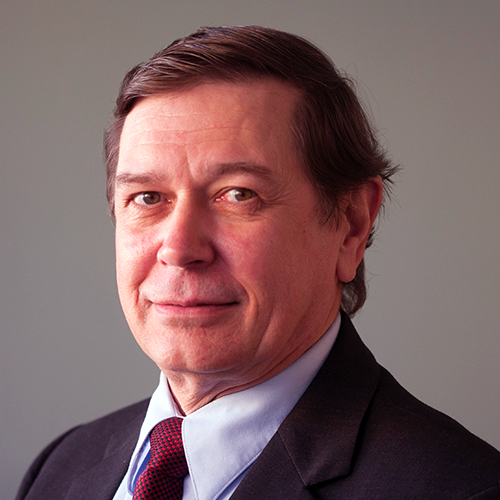
The Point Blog ARCHIVE
All articles found in the archive are more than three years old.
The purpose of this blog is to stimulate thought and discussion about important issues in healthcare. Opinions expressed are those of the author and do not necessarily express the views of CMDA. We encourage you to join the conversation on our website and share your experience, insight and expertise. CMDA has a rigorous and representative process in formulating official positions, which are largely limited to bioethical areas.
Growing Human Embryos Outside the Womb: New Record, Old Questions
May 11, 2016
by David Prentice, PhD
In Aldous Huxley’s classic novel Brave New World, natural human reproduction has been replaced by laboratory-based methods. All children are conceived and grown in laboratory “hatcheries,” observed and in some cases manipulated during their gestation to predestine them for certain roles in society, and then “decanted” from their vats rather than born. There is complete control over what has become a manufacturing process, disconnected from nurturing as well as from the attitude that each individual human life is intrinsically valuable. While still some distance removed from Huxley’s futuristic reproductive process, two research groups—one in the U.K. and one in the U.S.—have succeeded in growing human embryos in the laboratory for 13 days, almost twice the time that had previously been achieved and well beyond the developmental point (approximately seven days) that a human embryo would normally implant into the uterine lining. The groups stopped the experiments (and destroyed the developing human embryos) only because they were approaching the “14-day limit,” an internationally-agreed-upon upper limit for the amount of time in which human embryos may be grown and experimented on in the laboratory. Now they want to go further. The shadow of Huxley’s Brave New World is growing, preceded by the attitude that embryonic humans are merely experimental fodder. The research papers were published in the journals Nature and Nature Cell Biology (subscriptions required for full text.) Nature also published its own science news story, as well as a commentary on the scientific results (subscription required). But perhaps most troubling of all is publication of a proposal by several bioethicists advocating for expansion of the currently-recognized limit on the age allowed for experiments on human embryos. The 14-day limit on laboratory experiments with human embryos has been adopted into law in at least 12 nations (including the U.K.) and included in ethical research guidelines in other countries (such as the U.S.). That particular time point was supposedly adopted because in the next stage of development, the embryo forms the primitive streak, the first sign of a rudimentary nervous system, and is also supposedly past the point at which twinning can occur. But now the bioethical apologists claim that 14 days was “never intended to be a bright line denoting onset of moral status,” but was simply “a public-policy tool” that allowed policymakers to “carve out a space for scientific inquiry and simultaneously show respect for the diverse views on human-embryo research.” The 14-day rule is indeed arbitrary. A zero-day limit would be the accurate biological marker, since fertilization delineates the beginning of the human organism. No human being should be used for lethal experimentation, no matter what age or stage of development. But allowing experiments on human embryos beyond 14 days post-fertilization risks the lives of untold more human beings, in creation and destruction for research purposes. The deadly research on young human embryos has yielded no benefit; meanwhile, morally unproblematic avenues are delivering treatments and even cures for some of the most pressing health issues of our day. No potential, promising scientific results can justify lethal experimentation on any human being, especially the youngest and most vulnerable. The arbitrariness of the 14-day limit can be seen in its success; it worked only as long as it was technically impossible to break. Now that it is possible to move beyond that length of time in human embryo culture, the limit is inconvenient. There is no discussion about whether to proceed, only how to proceed, and what is the next expedient limit to set, until that new limit also becomes inconvenient. This is a risky venture which encourages further eugenic attitudes and actions. There needs to be a pause for a deeper discussion about just why such research is being done, and if there are any ethical lines that should not be crossed. How many lives are worth sacrificing? One? One thousand? One million? The real question is not when human life begins, but when do we value any human life.

